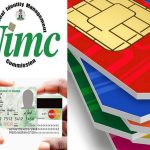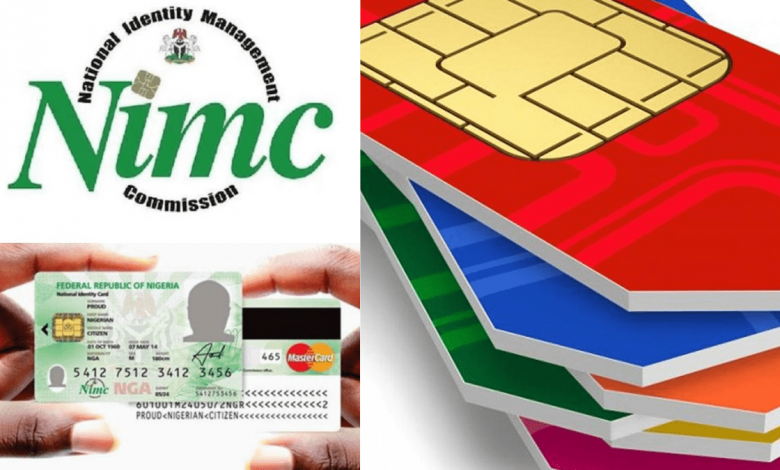Millions of telecom subscribers across Nigeria are currently unable to access essential SIM-related services due to a major technical disruption caused by a migration to a new identity verification platform ordered by the National Identity Management Commission (NIMC).
The disruption, which affects all mobile network operators (MNOs), has rendered telecom providers unable to process SIM swaps, replacements, new SIM activations, or number portability requests. According to a statement from the Association of Licensed Telecommunications Operators of Nigeria (ALTON), the nationwide outage stems from technical issues encountered during the mandated switch to NIMC’s upgraded verification platform.
The migration was designed to enhance national identity security and improve verification processes. However, unforeseen technical problems have emerged, halting real-time identity checks that are crucial to SIM-related operations.
The disruption has left subscribers stranded, especially those who urgently need to retrieve lost lines, activate new ones, or complete personal or business transactions that rely on mobile communication. For entrepreneurs, small businesses, and digital service users, the inability to access SIM services translates to interrupted workflows, lost income, and customer dissatisfaction.
In major cities like Lagos, Abuja, and Port Harcourt, many subscribers have reported long waits at telecom service centres, only to be turned back due to the service suspension. The issue also affects those attempting to port their numbers between networks or register new SIMs for business or personal use.
ALTON has urged customers to suspend visits to customer service centres for SIM-related needs and has promised to keep the public updated as efforts continue to fix the problem. The association emphasized that it is working closely with the Nigerian Communications Commission (NCC), NIMC, and other relevant agencies to address the challenges and restore services as soon as possible.
This latest setback highlights the fragility of Nigeria’s digital infrastructure, particularly as it pertains to the National Identity Number (NIN) integration policy. Since last year’s enforcement deadline, all SIM cards must be linked to their owners’ NINs before activation. This policy, enforced by the NCC, makes telecom operations completely dependent on NIMC’s database and verification systems.
While the integration was intended to strengthen security, curb crime, and streamline identity management, the current outage reveals the risk of over-centralization. When NIMC’s servers go offline or fail during upgrades, the entire telecom system is effectively stalled.
At the time of reporting, no clear timeline has been given for when the issue will be resolved. Telecom operators have reiterated their commitment to regulatory compliance, but subscribers remain in limbo as the outage enters another day.
This development also raises questions about the preparedness of agencies to manage digital transitions on a national scale. Many observers are calling for contingency plans and backup systems to prevent similar nationwide service failures in the future.
Until the technical issues are fixed, subscribers across the country are advised to remain patient and stay updated through official channels of their mobile service providers.










